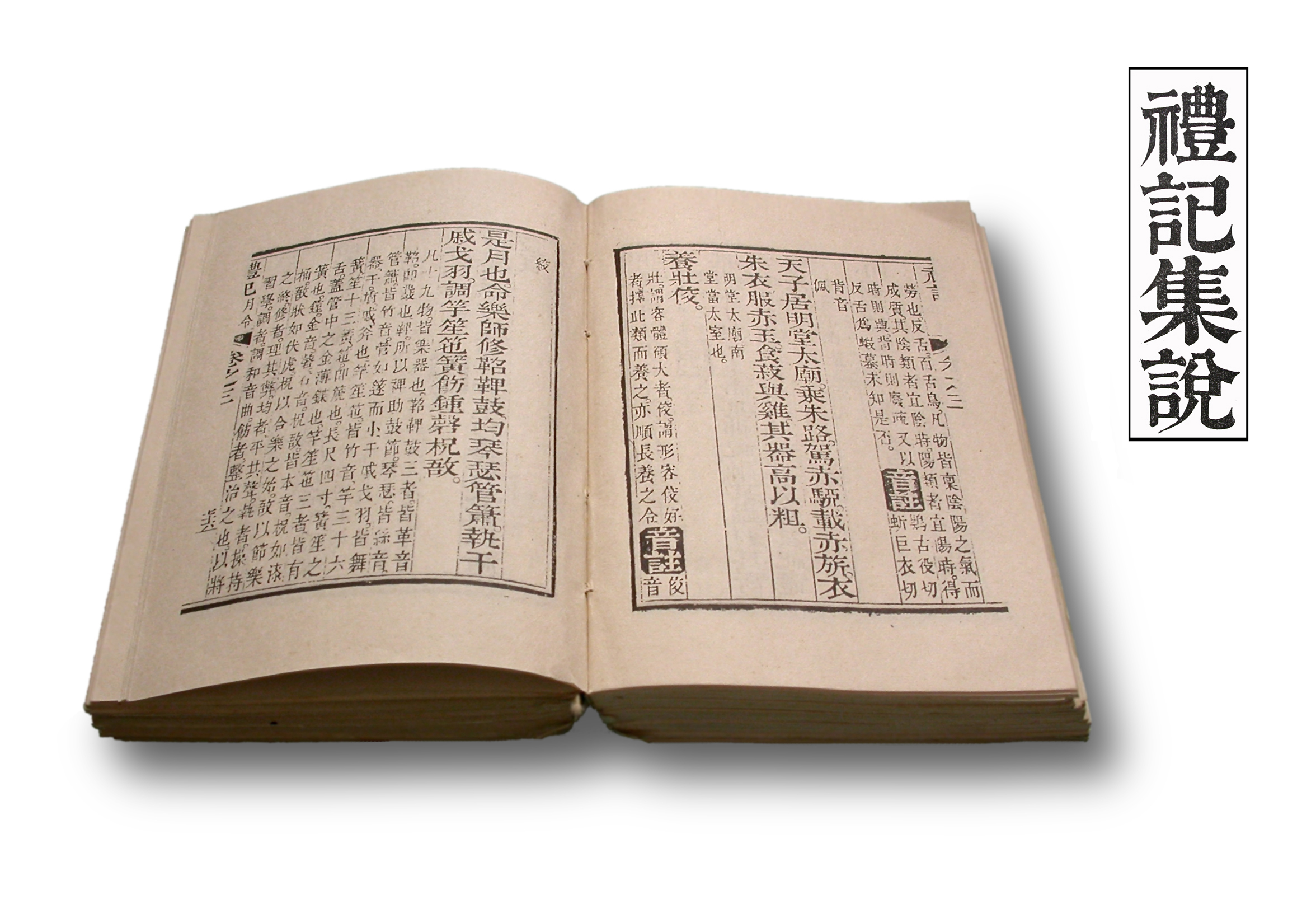Welcome to the graduate program in Comparative Literature at Harvard University.
Our academic community is comprised of thirty-two faculty members and nearly fifty graduate students from across the globe that come here to study, teach, and publish on literatures in several dozen languages from a wide range of historical periods. We take great pride in this community, its academic accomplishments and collective efforts. And its intellectual profile is equally diverse. Critical theory, literary interpretation, and comparative philology provide the basis for work on translation, the history of ideas, media history and archeology, gender studies, drama, oral poetics, multilingualism, postcolonialism, the environmental and medical humanities, globalization, and world literature. Our students and faculty also work in a variety of fields contiguous with literature, including architecture and the visual arts, film and music, history, media practice, anthropology, philosophy, and medicine.

In our graduate seminars students analyze in comparative perspective the literatures and other cultural products of Africa, the Americas, Asia, Europe, and the Middle East. Coursework is designed to meet individual interests. Our graduate students are encouraged as well to complement our doctoral seminars with courses in other literature and area studies departments (with which most of our faculty hold joint appointments), including African and African American Studies, the Classics, East Asian Languages and Civilizations,
English, Germanic Languages and Literatures, History, Near Eastern Languages and Civilizations, Romance Languages and Literatures, Slavic Languages and Literatures, and South Asian Studies. Many of our students also engage in interdisciplinary work, taking courses and often earning qualification in secondary fields such as Visual and Environmental Studies, Medieval Studies, Music, the Study of Religion and the Study of Women, Gender, and Sexuality. The stunning range of our students’ dissertation projects is well supported by Harvard’s unparalleled library resources. Our library system, the largest university collection in the world, comprises 70 libraries, with combined holdings of over 16 million items.
In the past few years, the faculty has restructured the Comparative Literature program so as to attend better to students’ needs as they prepare for a professional career in the twenty-first century. New course and language requirements allow students to engage more fully in sophisticated comparative work from their very first year at Harvard. We have also established specific guidelines for advising and faculty feedback from the first year through the completion of the Ph.D. Our new Survive and Thrive: Graduate School and Beyond seminar prepares students for the challenges and opportunities of graduate school. And our Renato Poggioli Graduate Colloquium series enables students of all levels to present their works-in-progress to peers and faculty, everything from seminar papers to mock job talks.
Given the nature of graduate projects, most of our students spend time abroad for language training and research. This work is largely funded by fellowships from the graduate school as well as from Harvard’s many area centers.
When in Cambridge, students enjoy the department’s home, the historic Dana-Palmer House at 16 Quincy Street. We look forward at Dana Palmer to welcoming you in the Fall with sheer delight and open arms!
For more on our graduate program, please consult the Guide for Graduate Students.
– Panagiotis Roilos

Founded as a graduate program in 1904 and joining with the undergraduate Literature Concentration in 2007, Harvard’s Department of Comparative Literature operates at the crossroads of multilingualism, literary study, and media history.
© 2023 President and Fellows of Harvard College
Sign up to receive news and information about upcoming events, exhibitions, and more